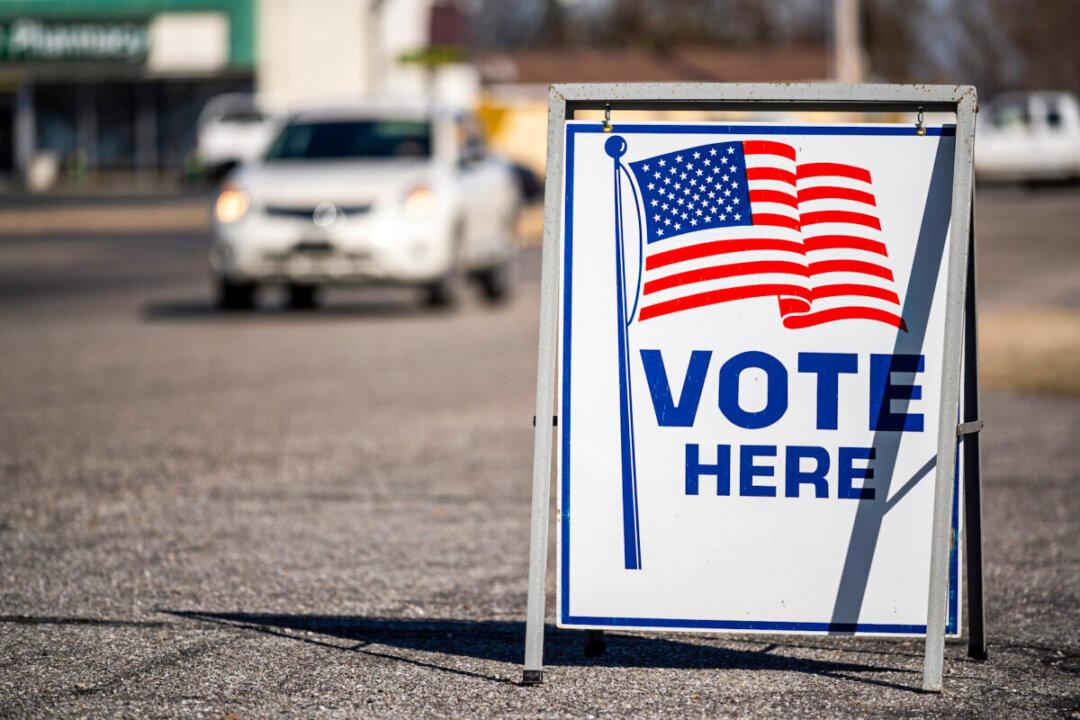News analysis
New generations of artificial intelligence (AI), such as the AI powering the ChatGPT chatbot, will find a plethora of uses in political campaigns.

New generations of artificial intelligence (AI), such as the AI powering the ChatGPT chatbot, will find a plethora of uses in political campaigns.